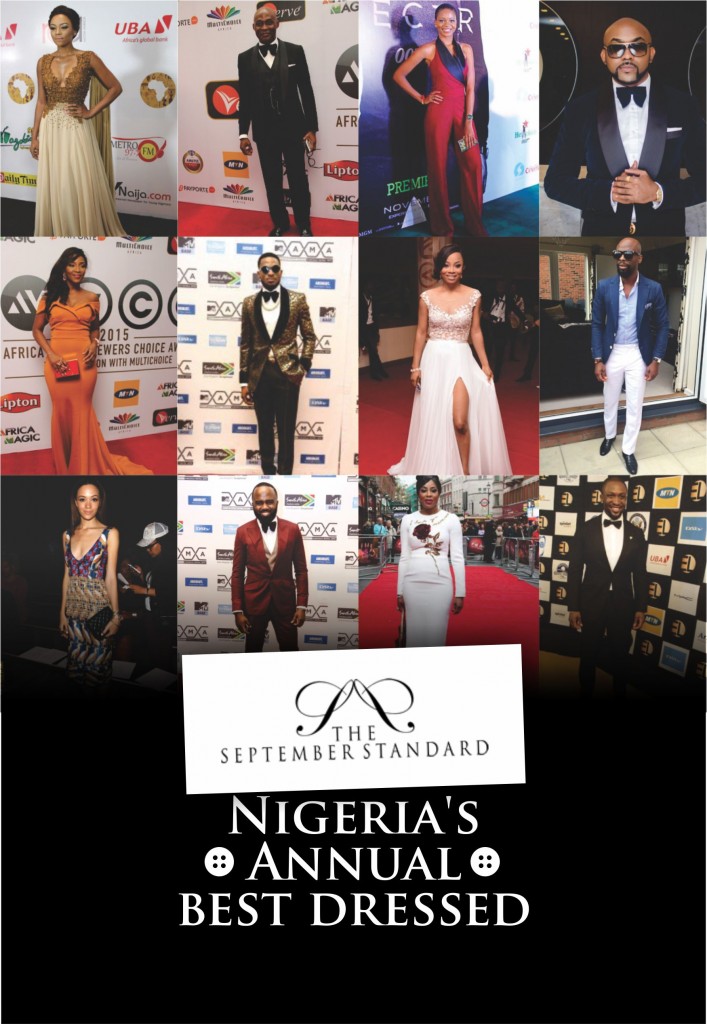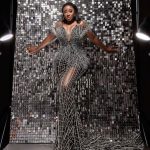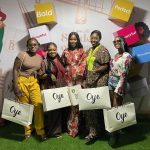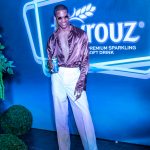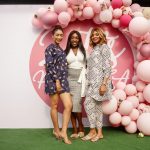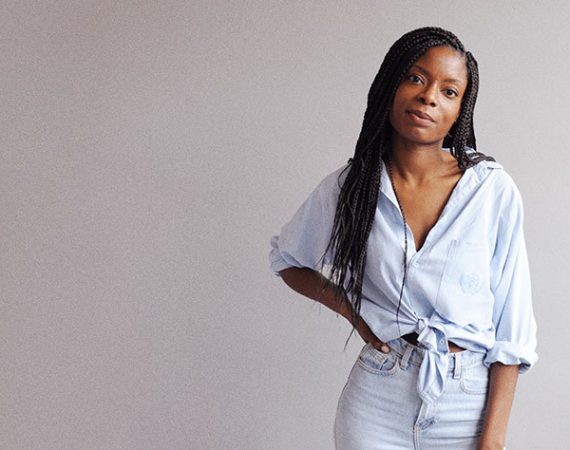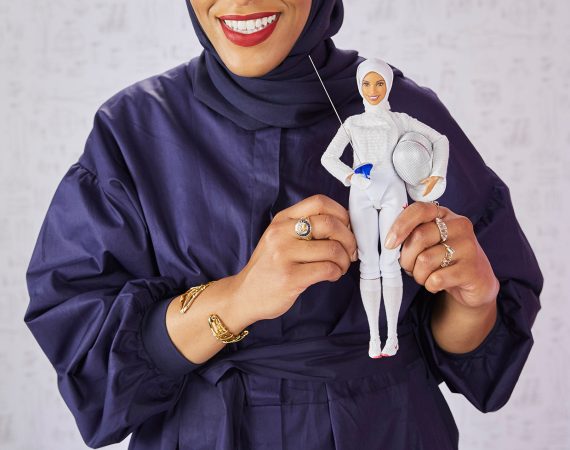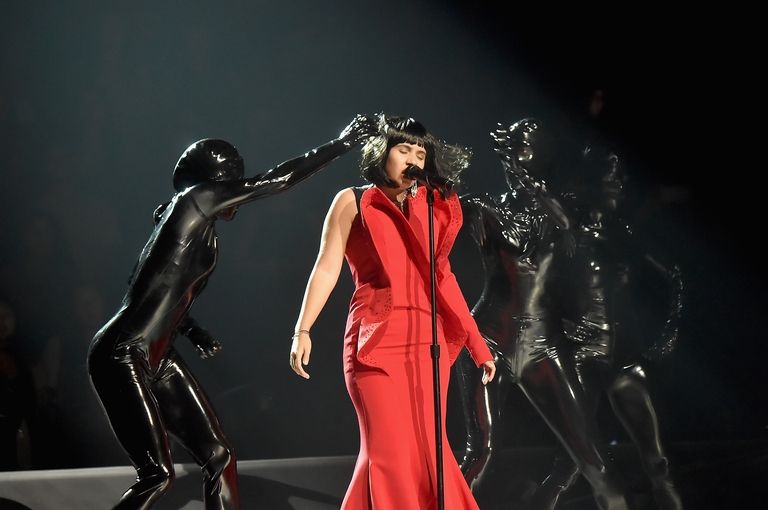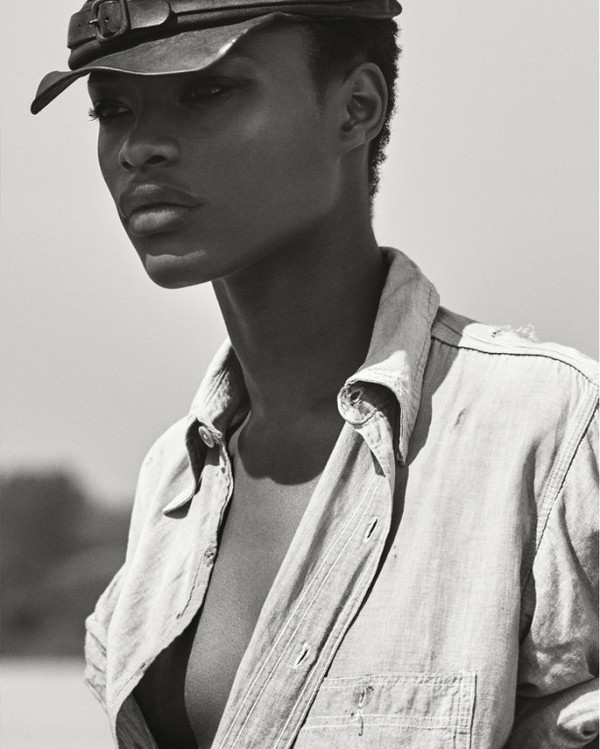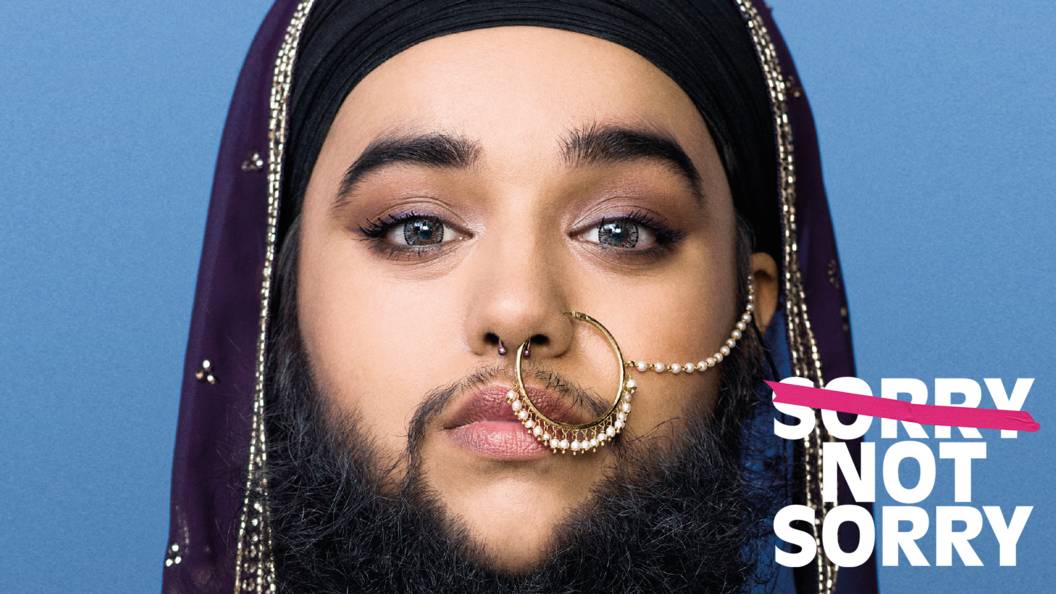Over the weekend, news broke via social media that Omoyemi Akerele, creative director of fashion consulting firm, The Style House and gate keeper of the prestigious Lagos Fashion and Design Week had finally landed a Vogue US profile.
For anyone not in the know, a Vogue US profile (that is in no way advertorial or in lieu of promoting a personal brand or project,) is the holy grail, the biggest honour any independent fashion brand or personality can get. Mrs Akerele who by sheer force of will and incredible charm and business savvy, grew a vibrant, globally recognized fashion showcase literally out of nothing, was definitely long overdue a profile (the same way Africa, pick your poison, is long overdue its own Vogue imprint).
However, the Vogue profile seems a little (a lot underwhelming).
Here’s a little backstory; Akerele is arguably the most influential woman in Nigerian fashion, thanks to the Lagos Fashion and Design Week and all we get is one paragraph on the LFDW. A woman who has launched several high profile fashion and fashion adjacent careers and provides several hundred jobs every year through a single event that takes 10 months to plan. Bear in mind that the very reason she drew Vogue’s attention is because of this showcase.
What we do get, is nearly 1000 words about Omoyemi’s personal style and tips for how to pack for travel; and just so we know, a little footnote paragraph wedged in about the Lagos Fashion and Design Week. This from a woman whose Business of Fashion profile has this:
Omoyemi Akerele is the main engine behind Nigeria’s nascent but rapidly developing fashion industry. Three years ago, she founded Lagos Fashion & Design Week through her agency, Style House Files. Since then, Akerele has either struck deals or brokered introductions for her designers to several international platforms like the Vogue Fashion Dubai Experience, the LVMH Young Designer Prize, the BFC, AltaRoma and Pitti Immagine — not to mention countless global retailers. She also doubles as a fountain of sage advice for international brands hoping to cash in on this lucrative West African frontier market hub
We have seen profiles on up and coming pop stars with more perspective.
To many, Omoyemi Akerele is a mysterious, mercurial and amoral figure, as many powerful women in fashion tend to be perceived (ergo Anna Wintour.) This interview, bound to be read by millions would have been the perfect opportunity for us to get to understand the woman behind the brand; her motivations, as well as the personal and professional successes she has achieved in the last eleven years.
Ultimately we are not surprised by this direction, the Vogue profiles on Wizkid, and Eku Edewor are also almost identical to this one, as was the profile of Nigeria’s most ‘stylish’ men in Vogue Italia. Even the profile of Temi Odetola in the British Vogue followed a similar thread. It seems the good people at Vogue cannot wrap their minds around the fact that Nigerians can afford fancy clothes, and use every opportunity they get to take a ‘popular’ Nigerian and ask them what is in their wardrobe. This honestly is unacceptable and since Vogue can’t seem to think of anything actually tangible to ask Mrs Akerele, we’ll help them out with a few questions.
- How has making the Business Of Fashion 500 two years in a row and being announced a global gate keeper of Fashion alongside heavy weights like Melvin Chua and Miroslava Duma changed her life? (Because hell, being put in the same category as global Vogue Editors would make me shit my pants in delight).
- Nigeria’s indigenous fashion heavy weight brands (Lisa Folawiyo, Maki Oh, Tiffany Amber, Jewel By Lisa, Deola Sagoe) are all run by women, and the country’s three biggest fashion weeks are run and organized by women (Omoyemi for LFDW, Ronke Ademiluyi for Africa Fashion Week Nigeria, Joan Okorodudu for Ecowas Fashion Week). Is fashion Nigeria’s strongest feminist front?
- The Lagos Fashion Focus programme has among its alumni, many of Nigeria’s most promising fashion exports, several of whom have gone to represent Nigeria at the International Fashion Showcase in the UK. How important is it to have an incubator like this, and how involved is Mrs Akerele in the entire process?
- Money, money, money. How do you fund an independently run Fashion Week in a developing country?
- Harmattan/Rain seasons vs Spring/Summer seasons?
If the good folks over at Vogue use these questions, please give us some credit, or you could just ask us to do the interview for you.
P:S Congratulations to fashion and documentary photographer, Kene Nwatu, who just got his first Vogue credit with this editorial.
Read the article here
Photocredit: Kene Nwatu for Vogue US.

